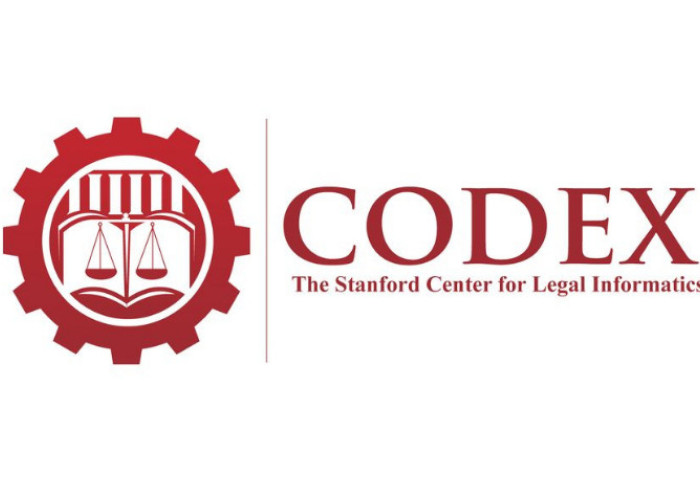DoC researchers awarded 2021 inaugural CodeX Prize at FutureLaw Conference

CodeX FutureLaw brings together researchers, engineers, entrepreneurs, lawyers, investors, and policymakers from around the world.
The Stanford Center for Legal Informatics announced on April 8 the recipients of the 2021 CodeX Prize which is an award given to an individual or individuals for a noteworthy contribution to Computational Law.
The recipients were announced in a brief virtual ceremony at the 2021 FutureLaw Conference. The prize this year was awarded to Robert Kowalski (AAAI Fellow), Fariba Sadri, and Marek Sergot of Imperial College in recognition of their groundbreaking work on the application of Logic Programming to the formalisation and analysis of the British Nationality Act. The authors’ seminal article, “The British Nationality Act as a Logic Program,” published in 1986 in the Communications of the ACM journal, is one of the first and best-known works in computational law, and one of the most widely-cited papers in the field.
Computational law dates back to the 1970s and has since grown to incorporate other technological advances, such as widespread use of computers and the internet, and applying rules and regulations to legal cases without additional input from human legal experts.
CodeX: The Stanford Center for Legal Informatics is a multidisciplinary laboratory operated by Stanford University in association with affiliated organizations from industry, government, and academia. Its emphasis is on the research and development of computational law — the branch of legal informatics concerned with the mechanization of legal reasoning.
Article text (excluding photos or graphics) © Imperial College London.
Photos and graphics subject to third party copyright used with permission or © Imperial College London.
Reporter
Mr Ahmed Idle
Department of Computing